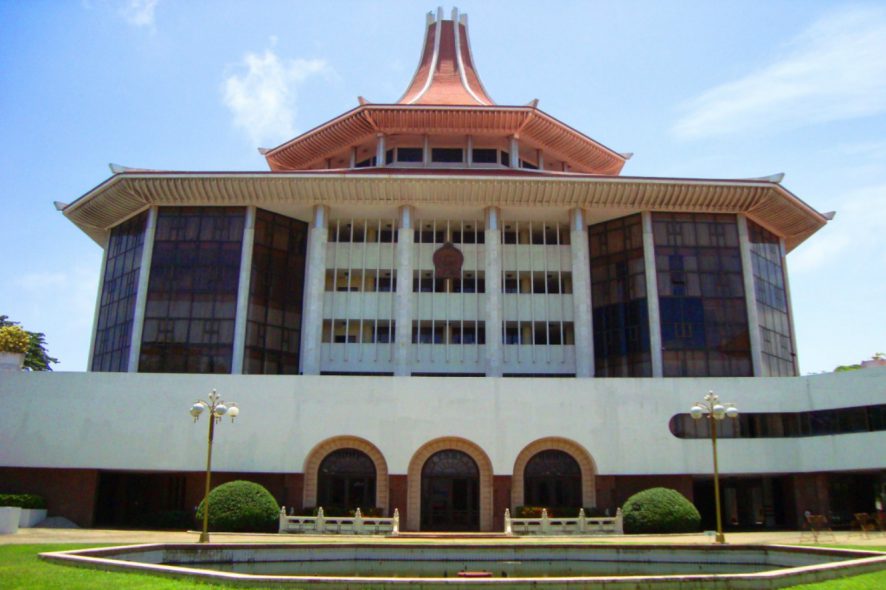Court of Appeal of the Democratic Socialist Republic of Sri Lanka: M.M.A. Gaffoor, J. allowed a land owner’s application seeking mandamus for derequisitioning of his land and building.
Petitioner’s land was requisitioned for temporary use of respondent in 1972 for the purpose of operation of a bakery, in order to prevent black marketing of bakery products in the area. The requisition was done temporarily in accordance with Section 10 (1) of the Co-operative Societies (Special Provisions) Act, 1970 in view of the urgency of the matter, till permanent arrangements for the construction of a building were made for the respondent society. Petitioner’s case was that though the requisitioning was on a temporary basis, the concerned authorities arbitrarily permitted respondent to be in possession of his land continuously.
Court’s attention was drawn towards Section 10(4) of the Act which states that “where any property is requisitioned by a requisitioning Order, the Minister may, by Order (hereinafter in this Act referred to as ‘derequisitioning order’) published in the Gazette, derequisition such property with effect from such date as shall be specified in the derequisitioning Order.” Petitioner contended that the word ‘may’ be construed as ‘shall’ or ‘must’.
Respondent objected stating that derequisitioning is a discretion vested with the Minister and the circumstances of all parties must be considered. Petitioner had no statutory right for derequisitioning and was thus not entitled to a Mandamus.
The Court noted that the purpose of requisition under Section 10 of the Act is to allow the property to be ‘temporarily used by a principal Society for the purposes of any business of such Society’ Furthermore, Section 10(4) of the Act empowers the Minister to derequisition any such property, and issuance of such order is a matter left to the discretion of Minister. It observed that only if there is a duty, the repository can be compelled to act by a writ of mandamus. But where there is discretion (privilege) to act, a writ cannot be issued to compel a person to act.
The Court relied on excerpts from H.W.R. Wade’s commentary on Administrative Law (5th Edn. at page 353) to opine that no discretion is unfettered and absolute in the public sphere. Even if the empowering statute does not expressly require any jurisdictional fact to be present for the exercise of power, it will be held invalid if the public authority has acted in total disregard for the purpose for which such discretion/power was vested in him.
In the present case, requisition had been made for a ‘temporary use’ of the respondent, but even after 47 years, the building remained as requisitioned property. This was in clear disregard of the purpose of Section 10 of the Act. In view thereof, mandamus was issued directing the Minister of Food Security and the Minister of Industry & Commerce (2nd and 3rd respondents) to derequisition the land together with the buildings thereon, and hand over free and vacant possession of the land and premises to the petitioner.[Noordeen Lebbe Mohamed Raseek v. Mawanella-Hemmathagama Multi-Purpose Co-operative Society Ltd., CA (Writ) Application No. 445 of 2014, decided on 04-04-2019]


